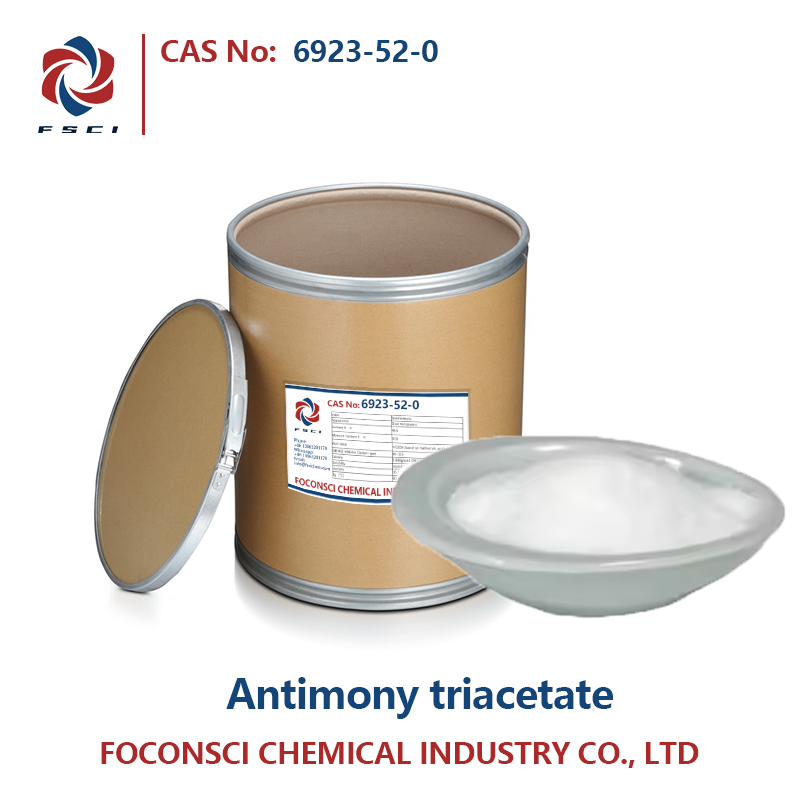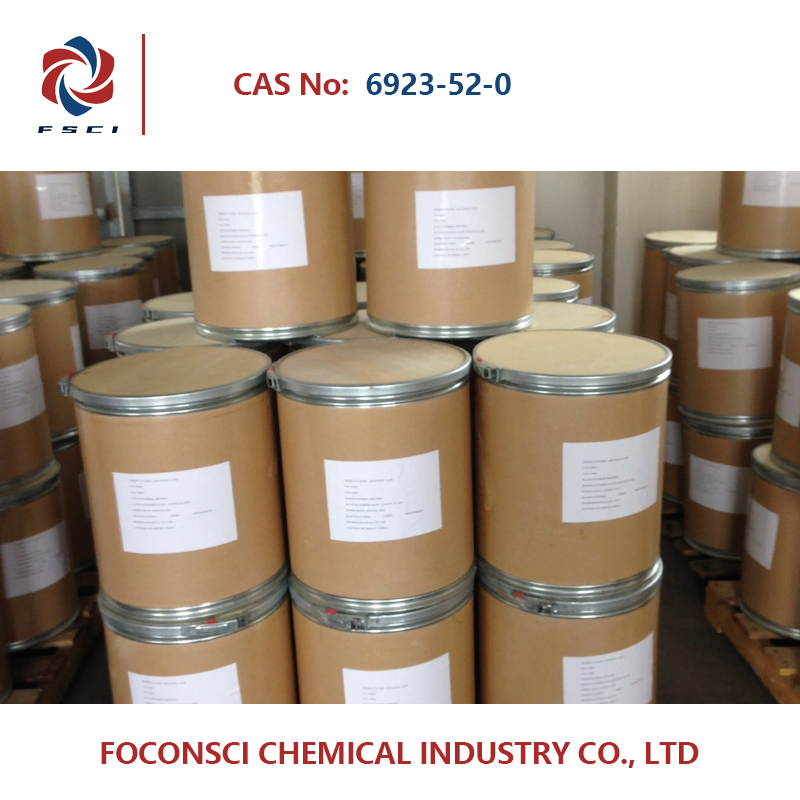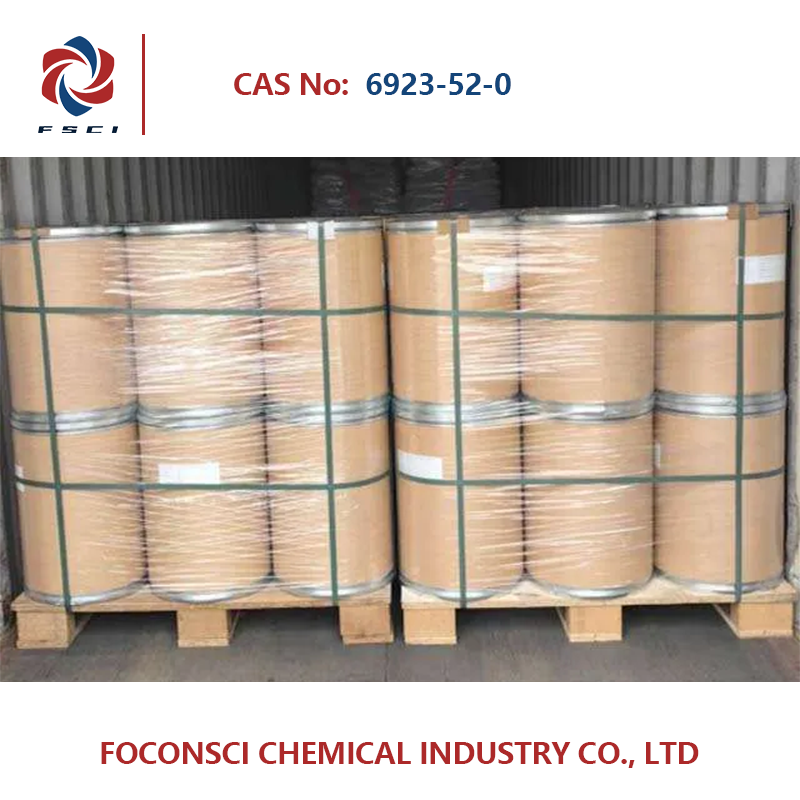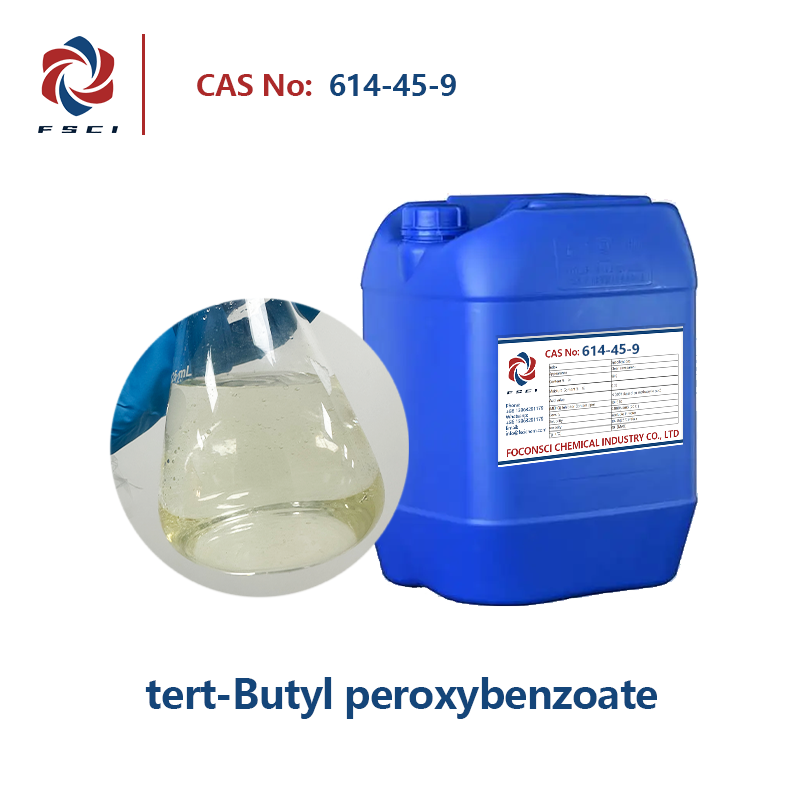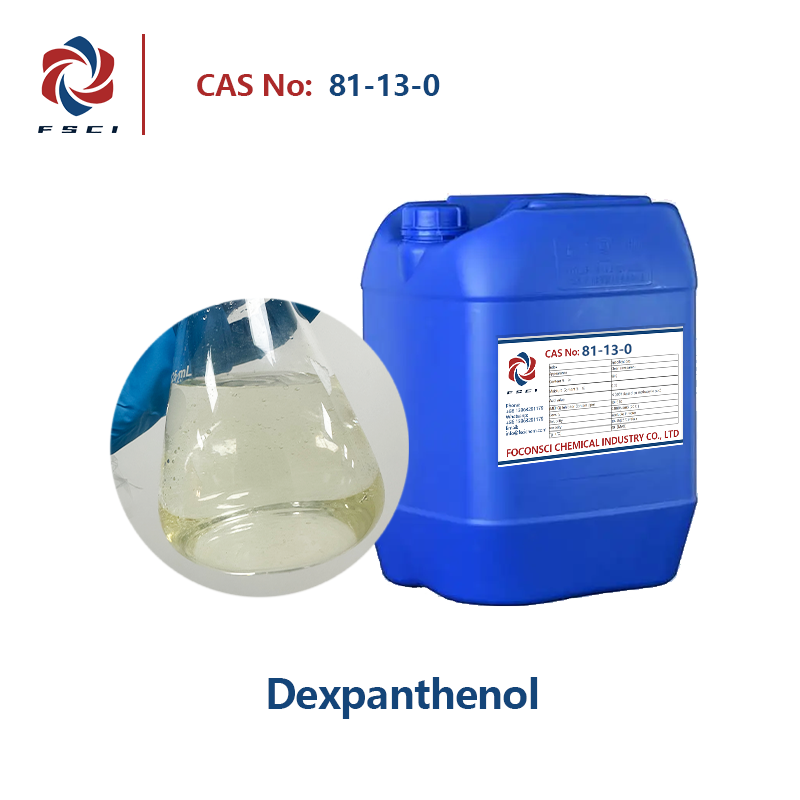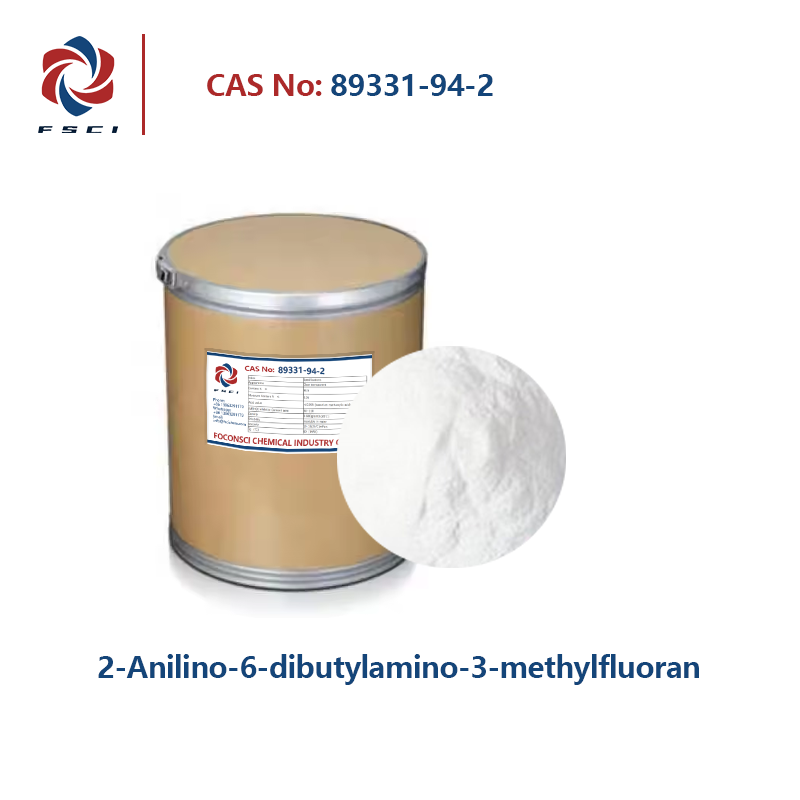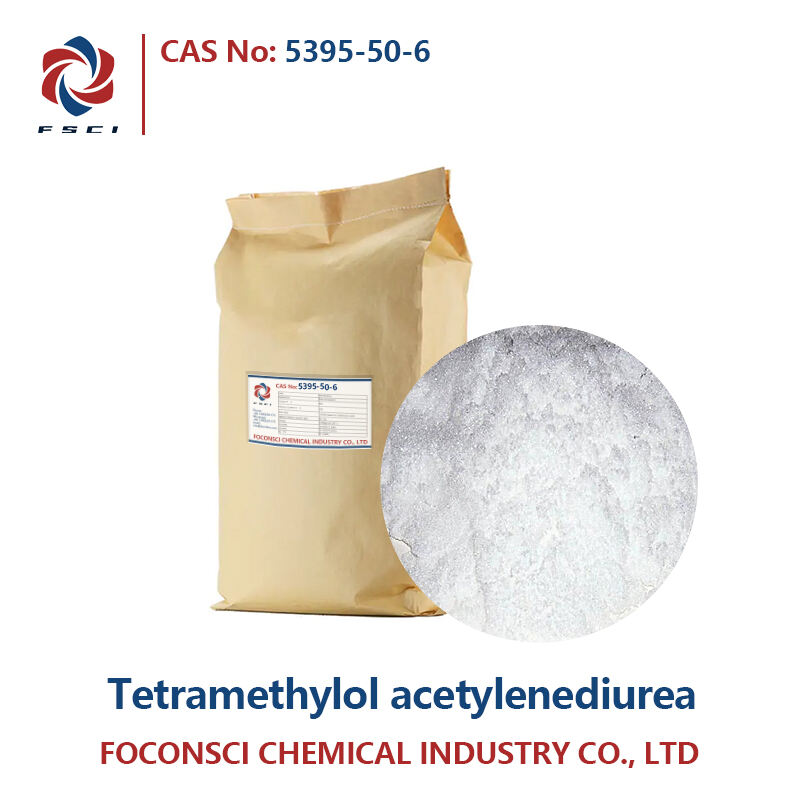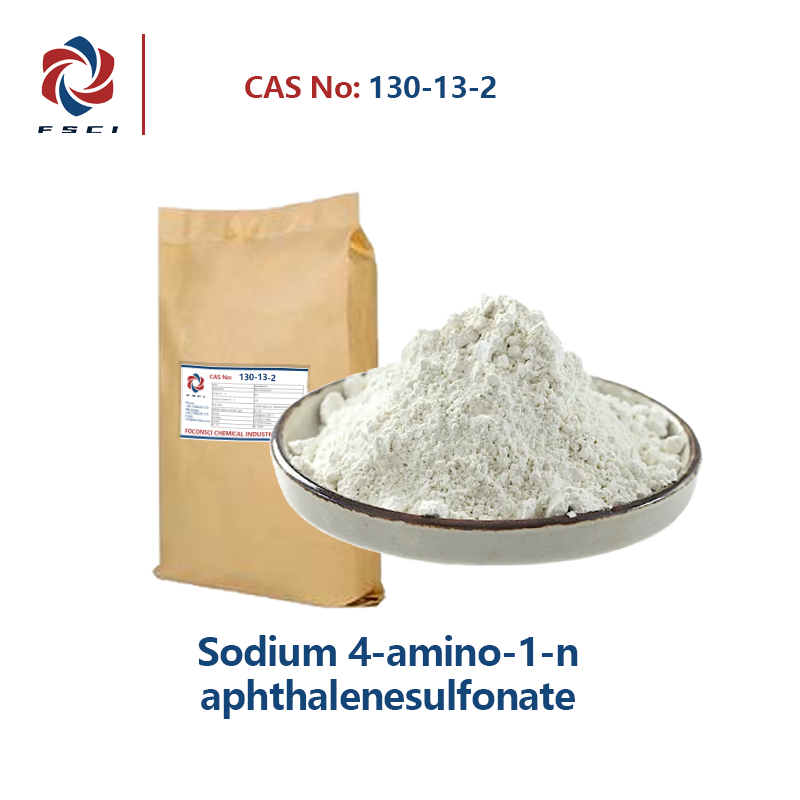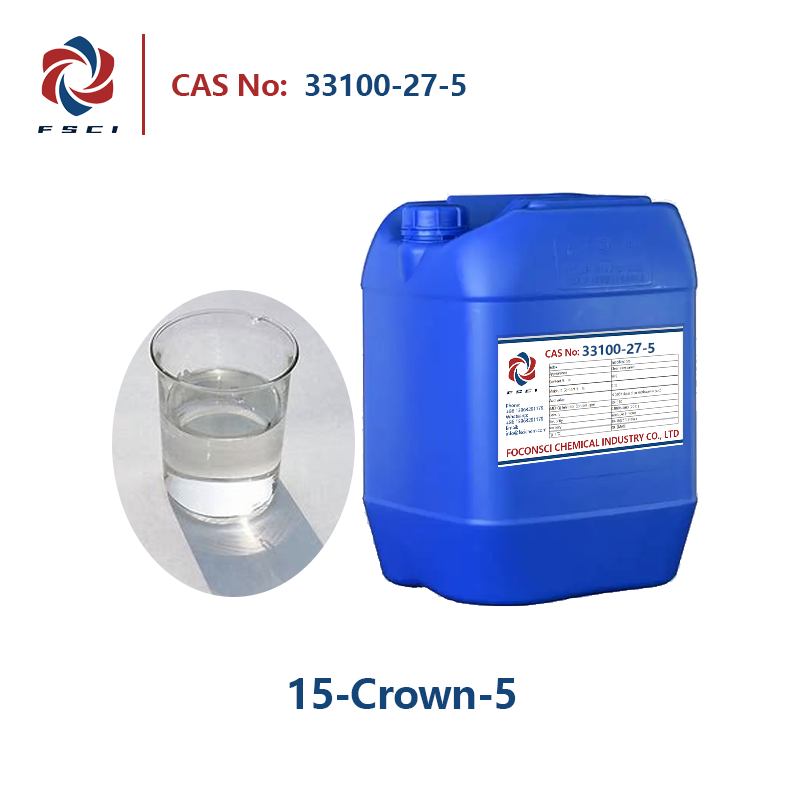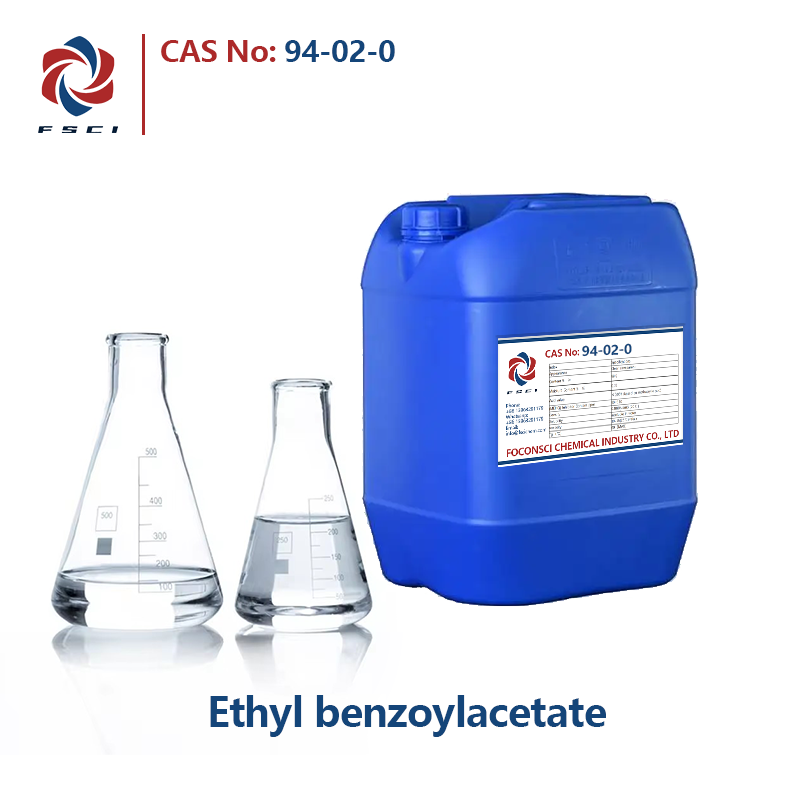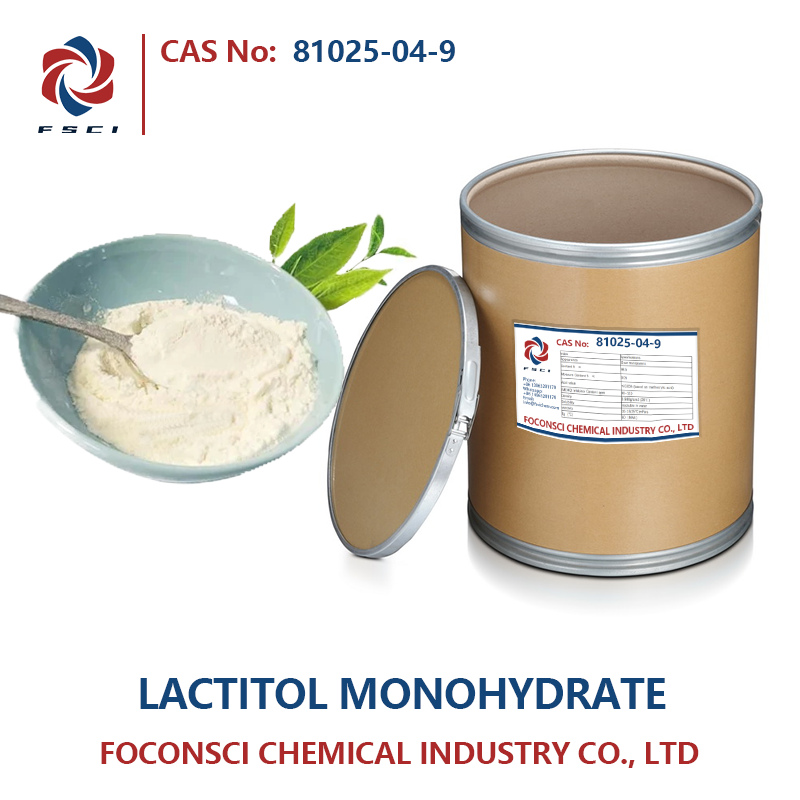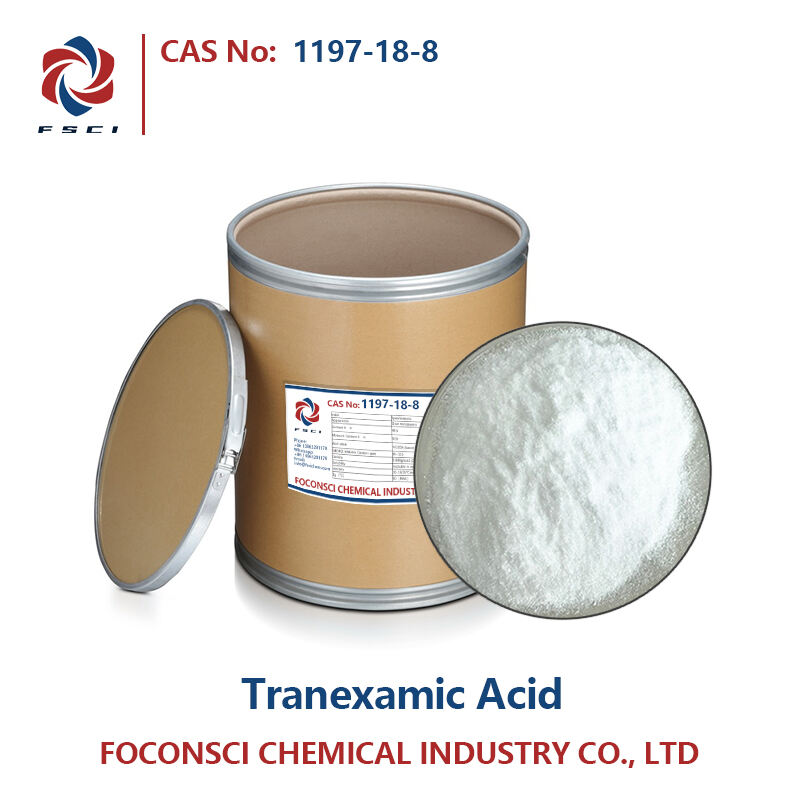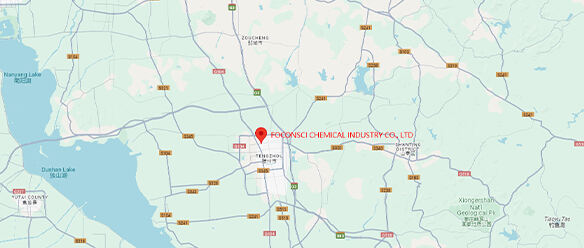Antimony triacetate CAS 6923-52-0
Chemical name: Antimony triacetate
Synonymous names:2-DMPC;2-chloropropyldimethylammonium chloride;
(2R)-2-chloro-N,N-dimethylpropan-1-aminium
CAS No:6923-52-0
Molecular formula:C6H9O6Sb
Molecular weight:298.89
EINECS No:230-043-2
- Parameter
- Related products
- Inquiry
Structural formula:

Product Description:
|
Items |
Specifications |
|
Appearance |
White powder |
|
Assay,% |
99.0 MIN |
|
Cl,% |
<0.002 |
|
SO42-,% |
0.008 |
|
Fe,% |
<0.001 |
|
toluene C6H5CH3,% |
0.17 |
|
Pb,% |
0.0016 |
|
L |
93.59 |
|
a |
0.41 |
|
b |
2.38 |
|
Solubility in ethylene glycol |
completely dissolved |
|
acid value,mg KOH/g |
550 |
Properties and Usage:
Antimony acetate is an organic salt containing antimony, soluble in alcohol and ether, but insoluble in water. Usually exists as white crystals or crystalline powder. Due to its high thermal stability and oxidation properties, it has important applications in many industrial and chemical fields.
Main applications
1. Flame retardant
Antimony acetate combined with halides (such as bromide) can enhance the flame retardant properties of plastics, textiles, rubber and other materials. In high temperature environments, antimony acetate as a flame retardant can significantly improve the flame resistance of these materials and effectively slow down The speed of flame propagation, thus improving safety.
2. Catalyst
Antimony acetate is often used to catalyze the synthesis of ether and ester compounds in organic synthesis reactions to improve reaction efficiency and selectivity. At the same time, it serves as a polycondensation catalyst in polyester production to improve polyester quality and production efficiency.
3. Glass and ceramic industry
As an additive, antimony acetate is used to improve the transparency and optical properties of glass, and in ceramics to enhance their structural properties, making products stronger and more durable.
4. Dyes and pigments
Antimony acetate can improve the stability and color quality of dyes and pigments. It can be used as an additive in the dye production process to improve the durability and gloss of colors.
5. Medicine
In the pharmaceutical field, antimony acetate is used as an intermediate for certain antiparasitic drugs to help develop new drug formulations.
6. Chemical reagents
In the laboratory, antimony acetate is used to prepare other antimony compounds or perform chemical analysis to help researchers explore the presence and concentration of antimony.
Storage conditions: Ventilated, low-temperature and dry warehouse, separate from food ingredients.
Packing: This product is packed in 25kg 50kg 100kg cardboard drums, and it can also be customized according to customers' requirements


 EN
EN
 AR
AR
 BG
BG
 HR
HR
 CS
CS
 DA
DA
 NL
NL
 FI
FI
 FR
FR
 DE
DE
 EL
EL
 HI
HI
 IT
IT
 JA
JA
 KO
KO
 NO
NO
 PL
PL
 PT
PT
 RO
RO
 RU
RU
 ES
ES
 SV
SV
 TL
TL
 IW
IW
 ID
ID
 LV
LV
 LT
LT
 SR
SR
 SK
SK
 VI
VI
 HU
HU
 TH
TH
 TR
TR
 GA
GA
 CY
CY
 KA
KA
 LA
LA
 MN
MN
 KK
KK
 LB
LB

